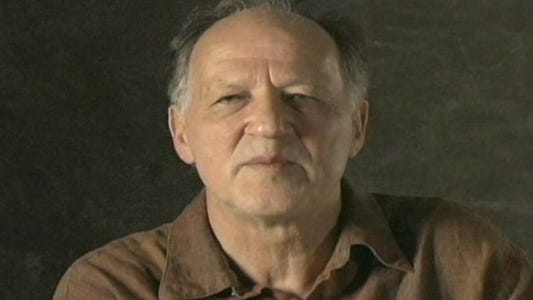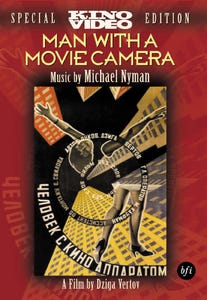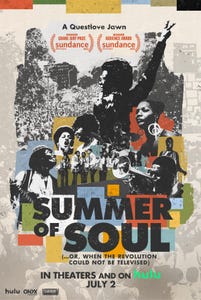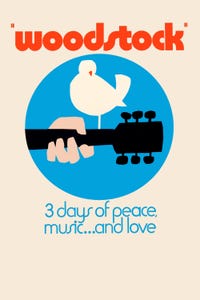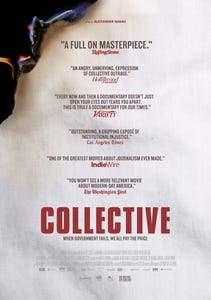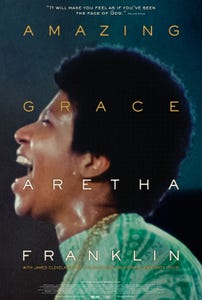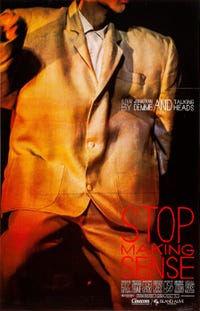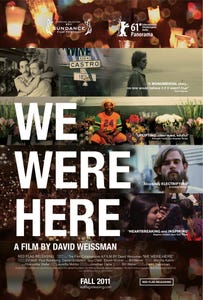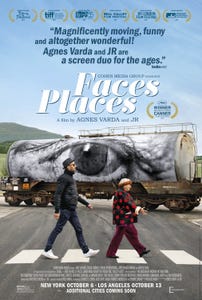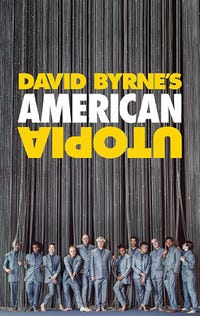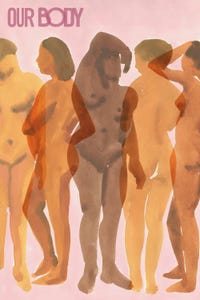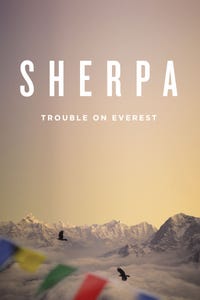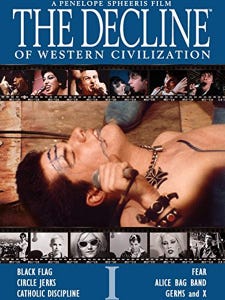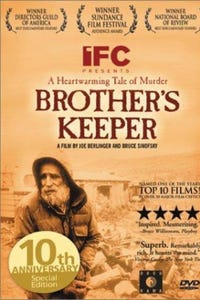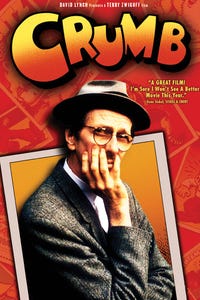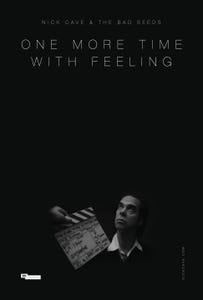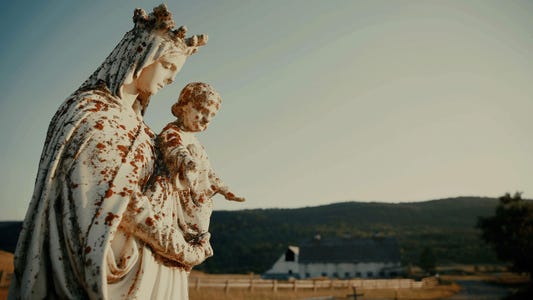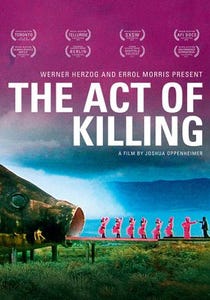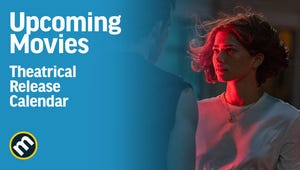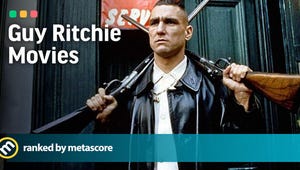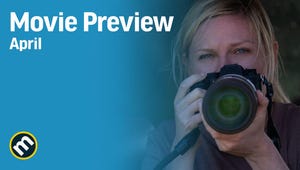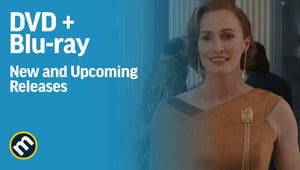- 2008
- G
- Discovery Films
- 1 h 39 m
- 2008
- G
- Discovery Films
- 1 h 39 m
Summary Werner Herzog confirms his standing as poet laureate of men in extreme situations with Encounters at the End of the World. In this visually stunning exploration, Herzog travels to the Antarctic community of McMurdo Station, headquarters of the National Science Foundation and home to eleven hundred people during the austral summer (Oct-Fe...
Directed By: Werner Herzog
Written By: Werner Herzog
- 2008
- G
- Discovery Films
- 1 h 39 m
- 2008
- G
- Discovery Films
- 1 h 39 m
Encounters at the End of the World
Where to Watch
Summary Werner Herzog confirms his standing as poet laureate of men in extreme situations with Encounters at the End of the World. In this visually stunning exploration, Herzog travels to the Antarctic community of McMurdo Station, headquarters of the National Science Foundation and home to eleven hundred people during the austral summer (Oct-Fe...
Directed By: Werner Herzog
Written By: Werner Herzog
Where to Watch
Top Cast
24 Reviews
1 Review
0 Reviews
24 Reviews
1 Review
0 Reviews
21 Ratings
4 Ratings
3 Ratings
21 Ratings
4 Ratings
3 Ratings
There are no user reviews yet. Be the first to add a review.
